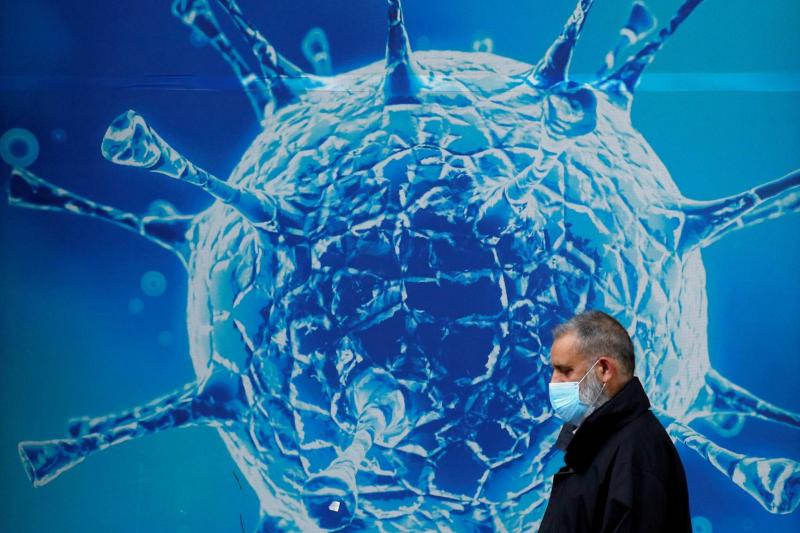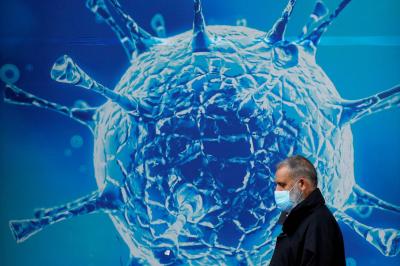The COVID-19 pandemic continues to register infections globally, four years after its onset. Recently, there has been increased discussion around Disease X, raising the question: what is this disease? And is the world prepared for another pandemic like COVID-19? Through Disease X, scientists are striving to study preventive measures for a new pandemic, such as vaccines and testing, while health authorities work to enhance their readiness in various countries to limit its spread if it appears.
Disease X has been included in the agenda of sessions at the World Economic Forum in Davos, Switzerland. Under the title "Preparing for Disease X," discussions will focus on the necessary efforts to prepare healthcare systems and readiness for a more lethal pandemic. The discussions in Davos about this hypothetical pandemic follow the World Health Organization's announcement of nearly 10,000 deaths in December, alongside reports that 50 countries around the world have seen a 42% increase in hospitalizations due to the virus. Therefore, the WHO has classified Disease X as a priority disease in its awareness campaign, along with COVID-19, Ebola virus, Marburg virus, Lassa fever, and other diseases.
These medical efforts reflect the need for preparedness and vigilance to identify potential future pandemics and respond quickly with minimal losses. According to the WHO, COVID-19 vaccines have saved at least 1.4 million lives in Europe. WHO's Regional Director for Europe, Hans Kluge, stated: "1.4 million people in our region, mostly elderly, are alive with their families because they made the important decision to get vaccinated against COVID-19." The region, which includes 53 countries extending into Central Asia, recorded more than 277.7 million COVID-19 infections as of December 19, 2023. Kluge noted that the first booster dose of the vaccine alone contributed to saving approximately 700,000 lives.
He added, "As we learn to live with COVID-19 and other respiratory viruses, people with poor health must continue to receive their COVID-19 and flu vaccinations on schedule." He emphasized the necessity for European countries to continue investing in health, to make efforts to improve conditions for healthcare workers, and to ensure access to essential medicines.
He warned that "we may not be prepared for all extraordinary possibilities, such as the emergence of a new, more dangerous variant of COVID-19 or an unknown disease-causing virus." He concluded by expressing "deep concern that health is disappearing from the political agenda and that we cannot solve the issues facing healthcare workers."




